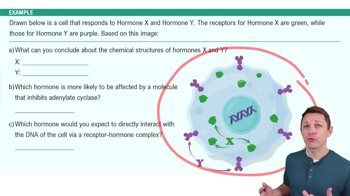Match each of the following key terms (a–i) with its description
below:
Key:
(a) alleles
(b) autosomes
(c) dominant allele
(d) genotype
(e) heterozygote
(f) homozygote
(g) phenotype
(h) recessive allele
(i) sex chromosomes
____ (1) genetic makeup
____ (2) how genetic makeup is expressed
____ (3) chromosomes that dictate most body characteristics
____ (4) alternate forms of the same gene
____ (5) an individual bearing two alleles that are the same for a particular trait
____ (6) an allele that is expressed whether in single or double dose
____ (7) an individual bearing two alleles that differ for a particular trait
____ (8) an allele that must be present in double dose to be expressed






